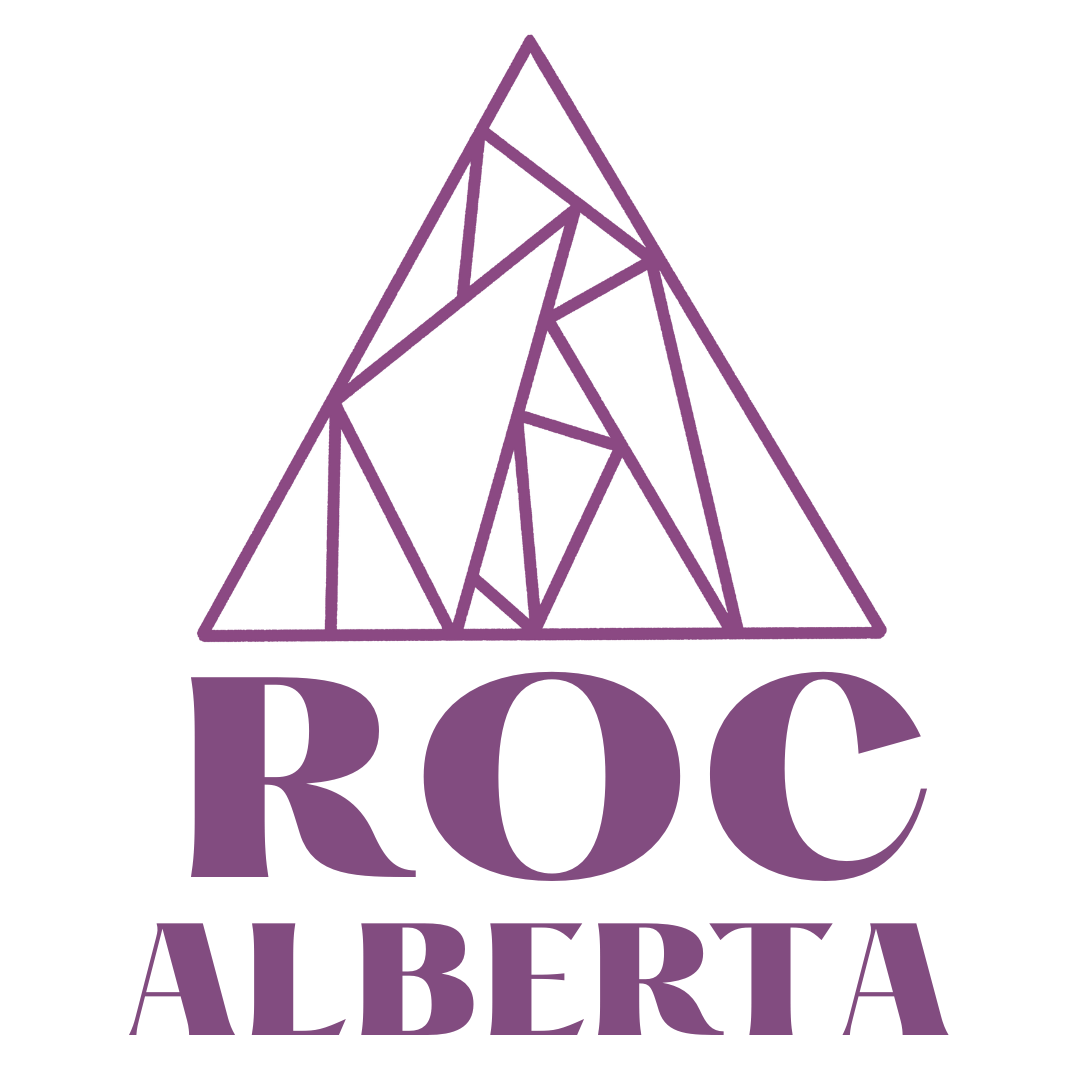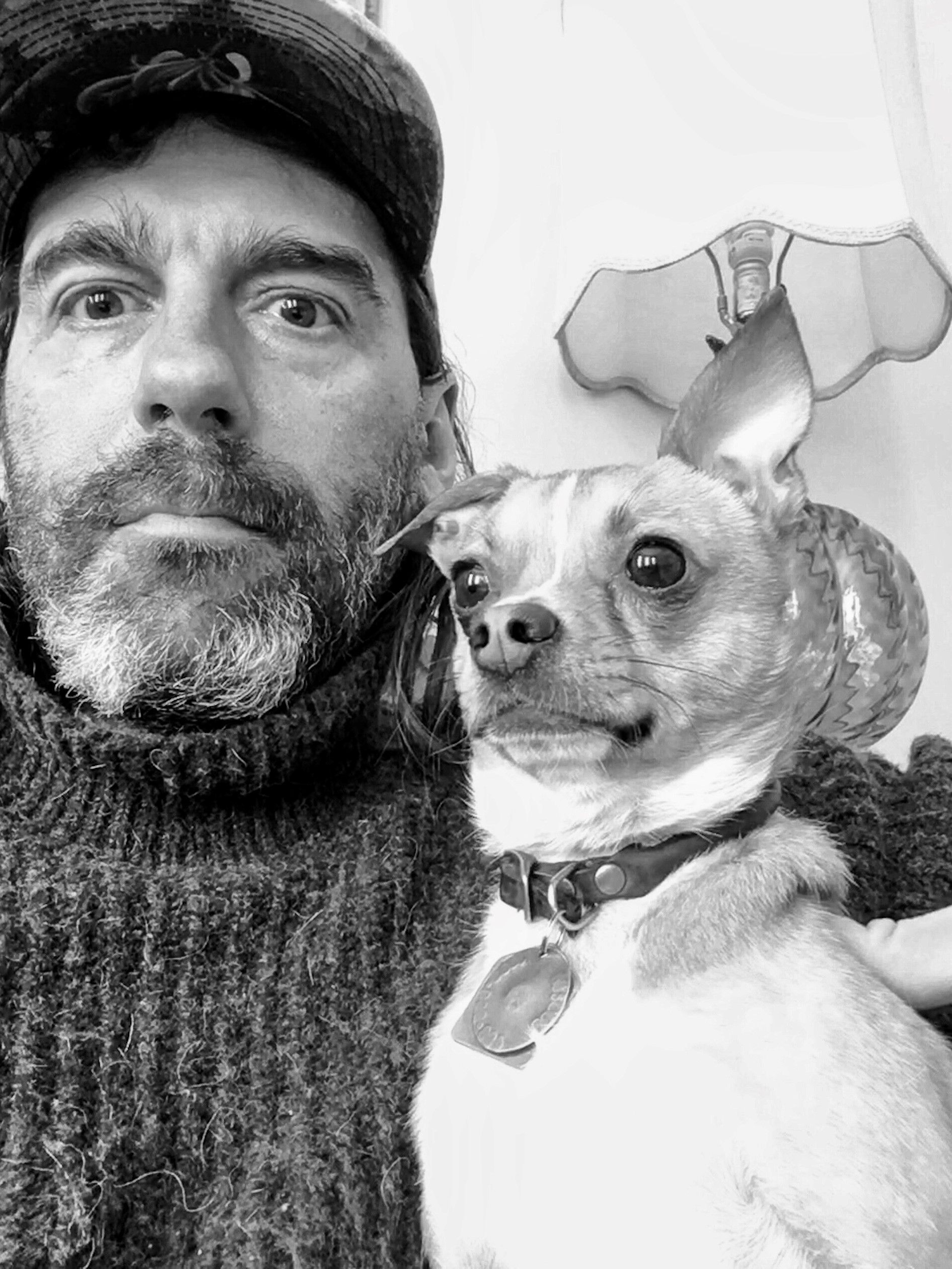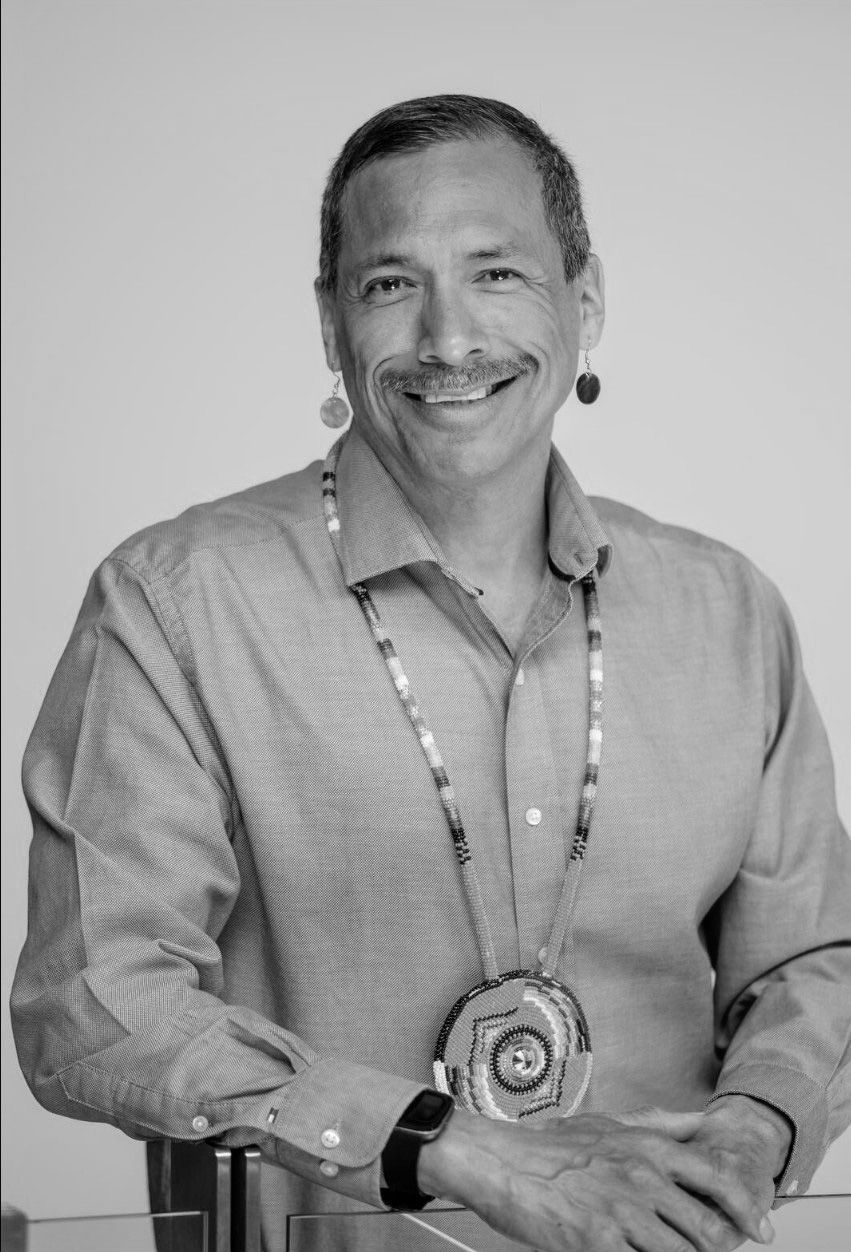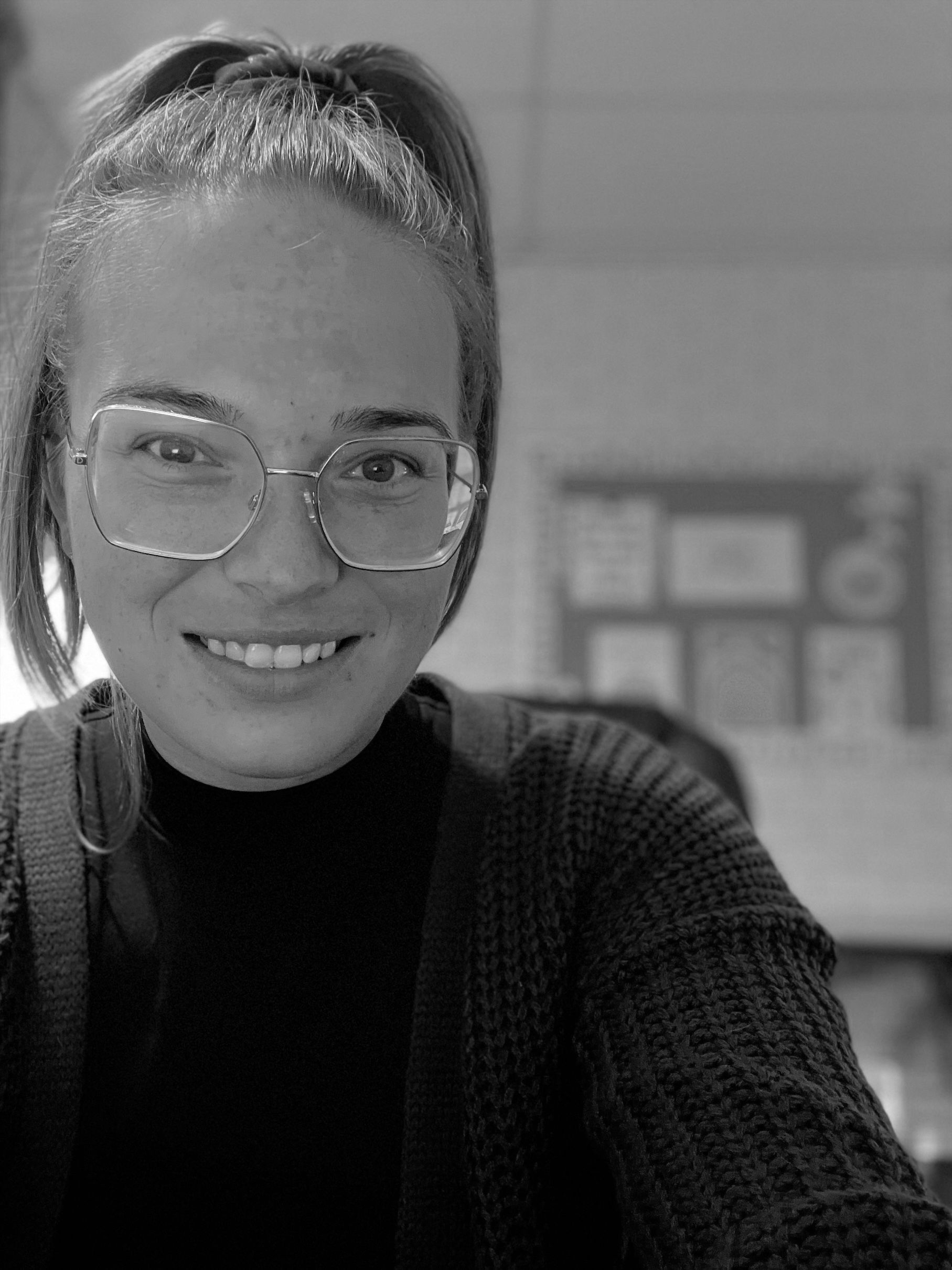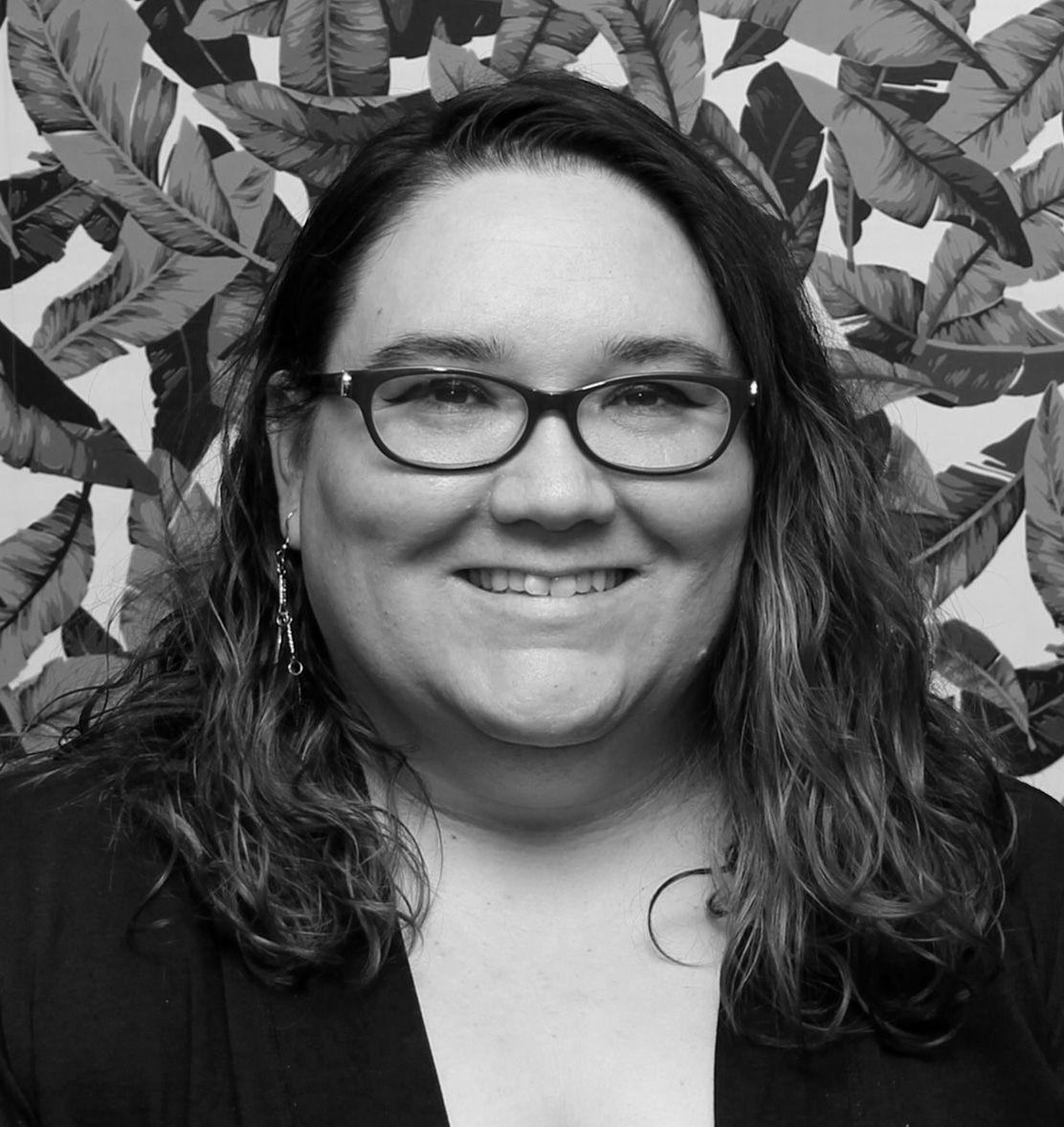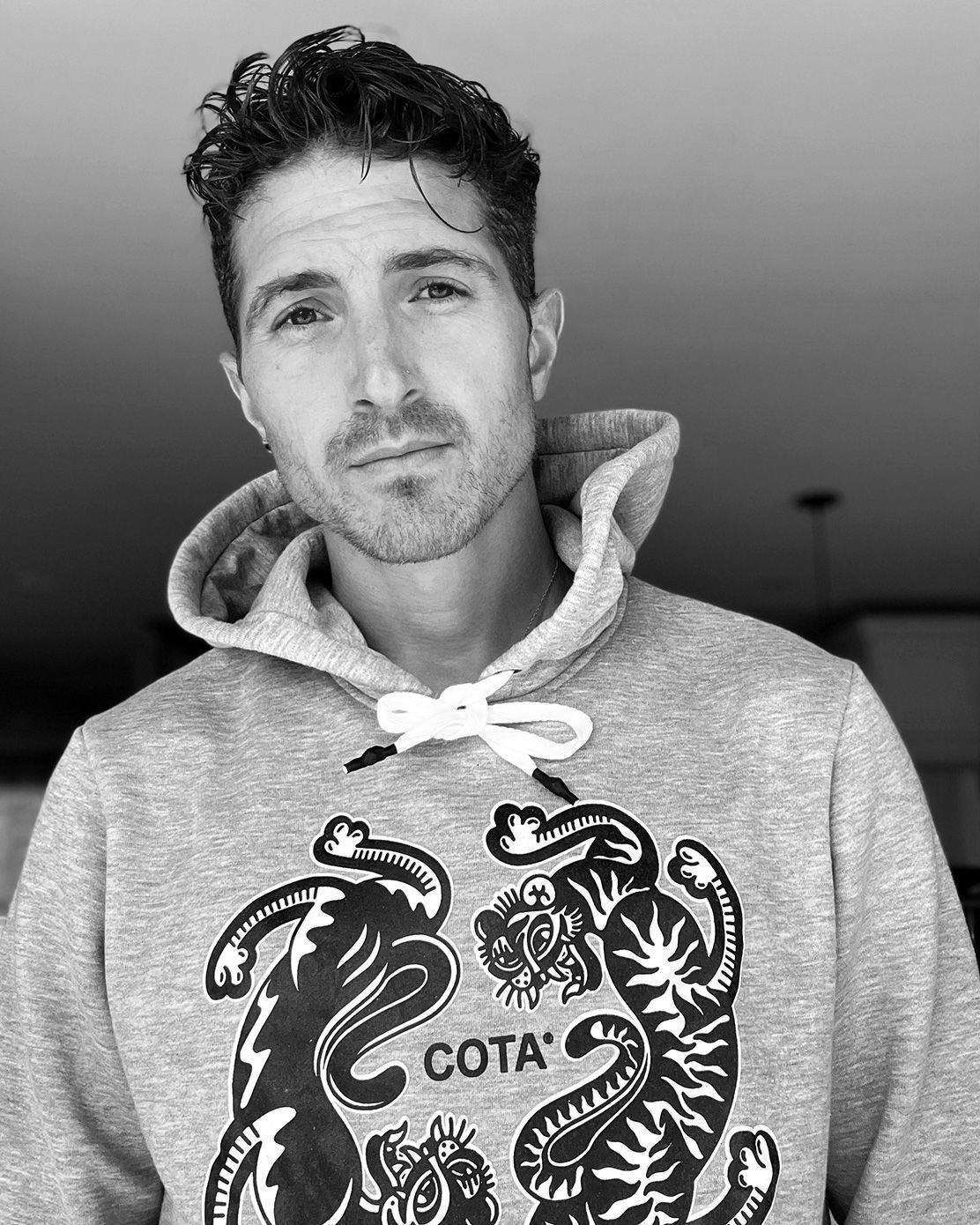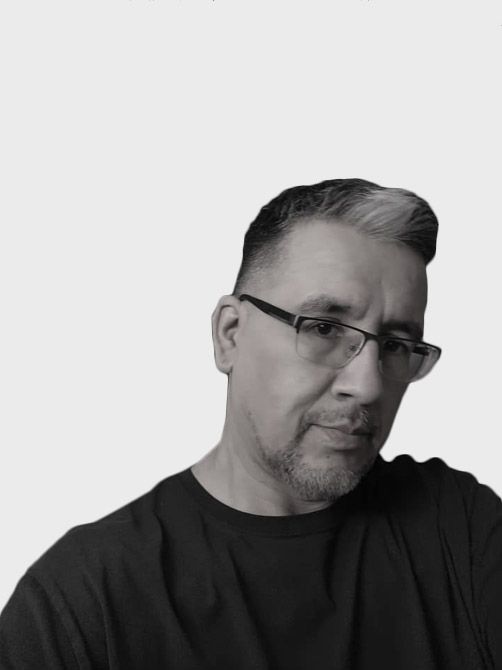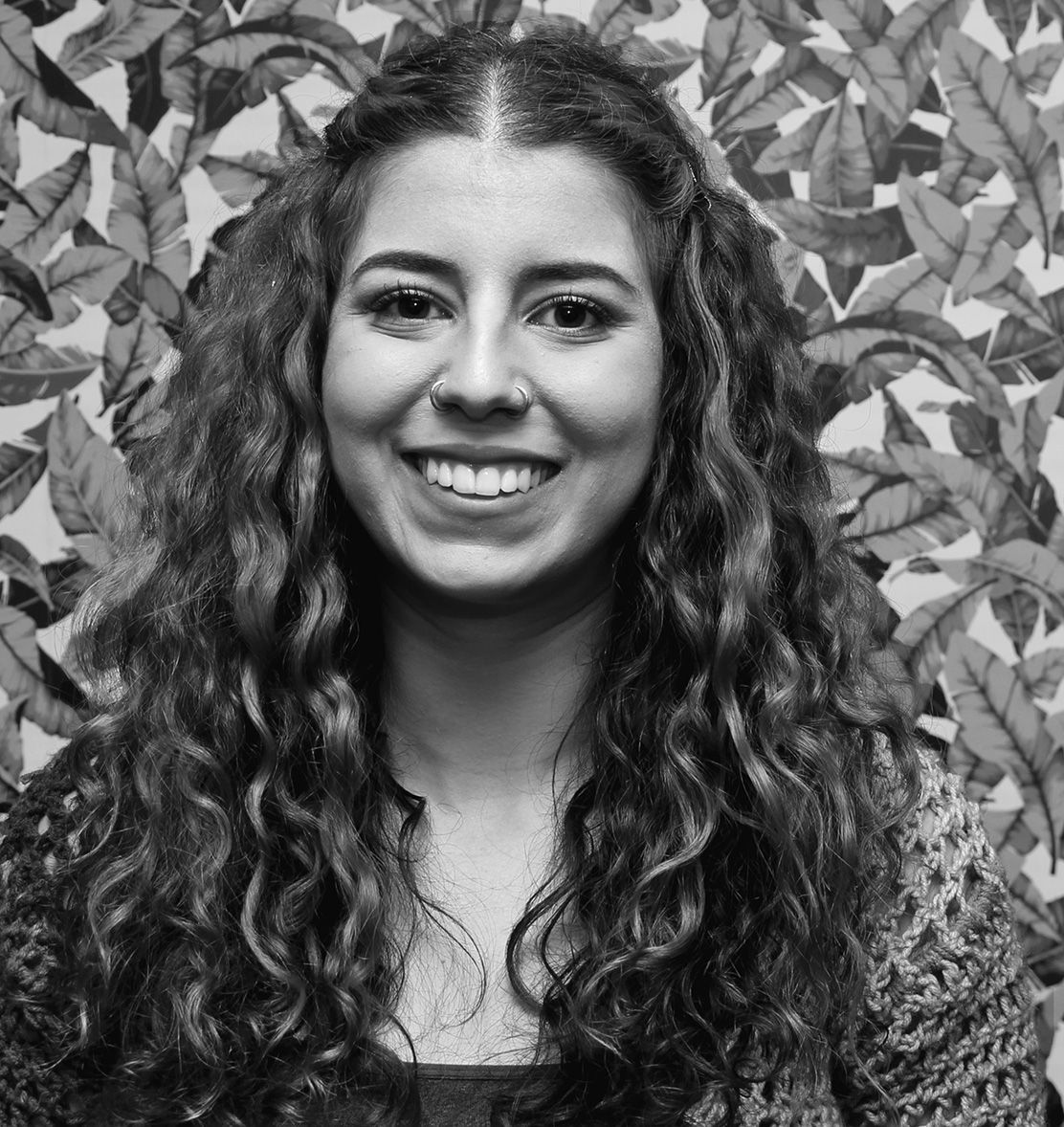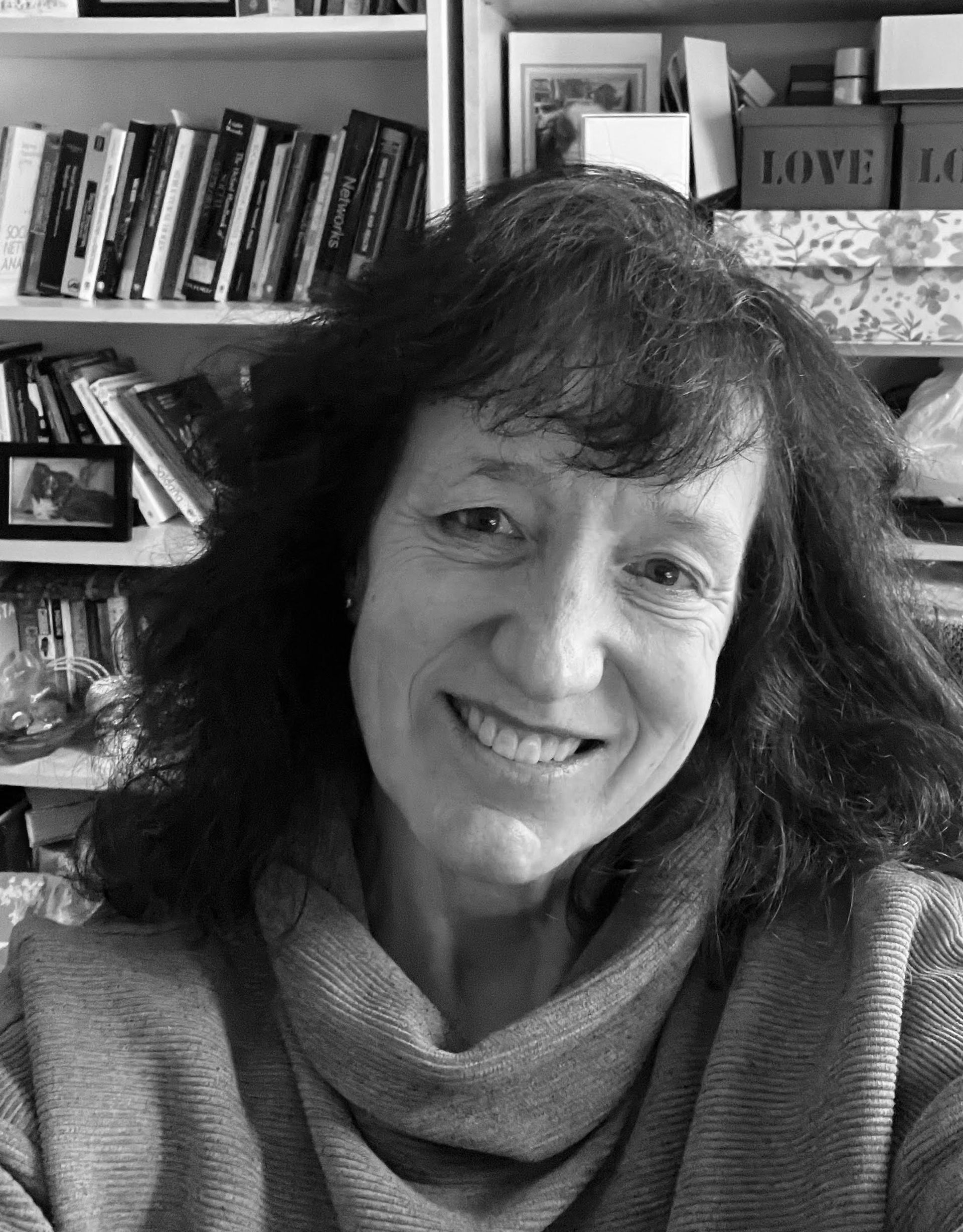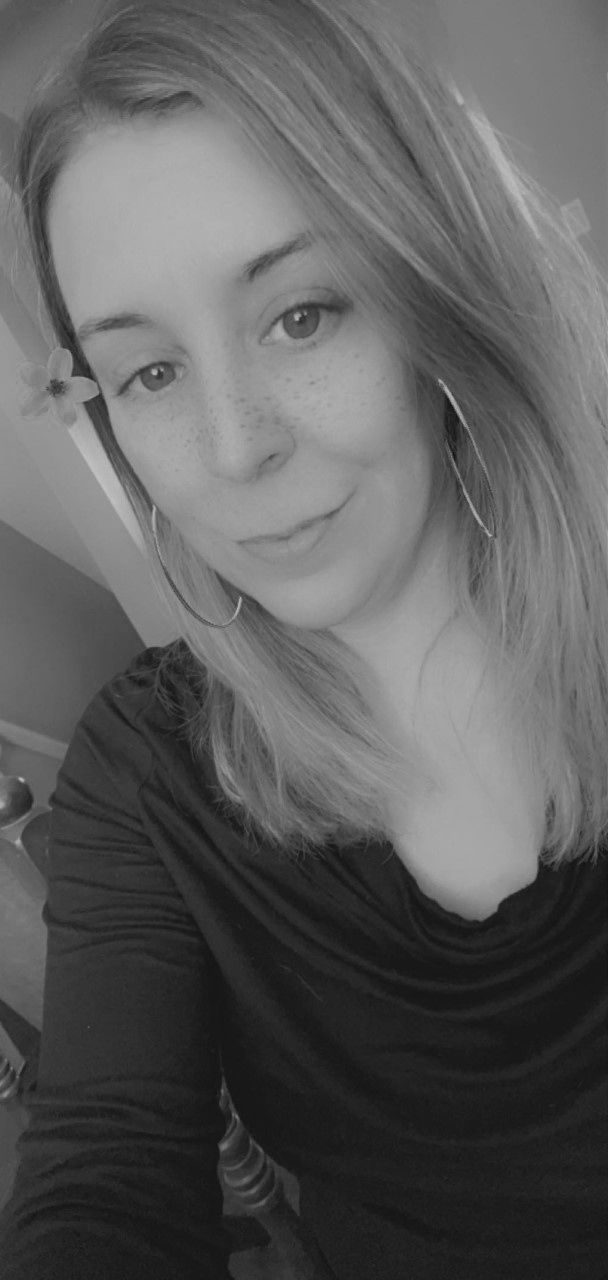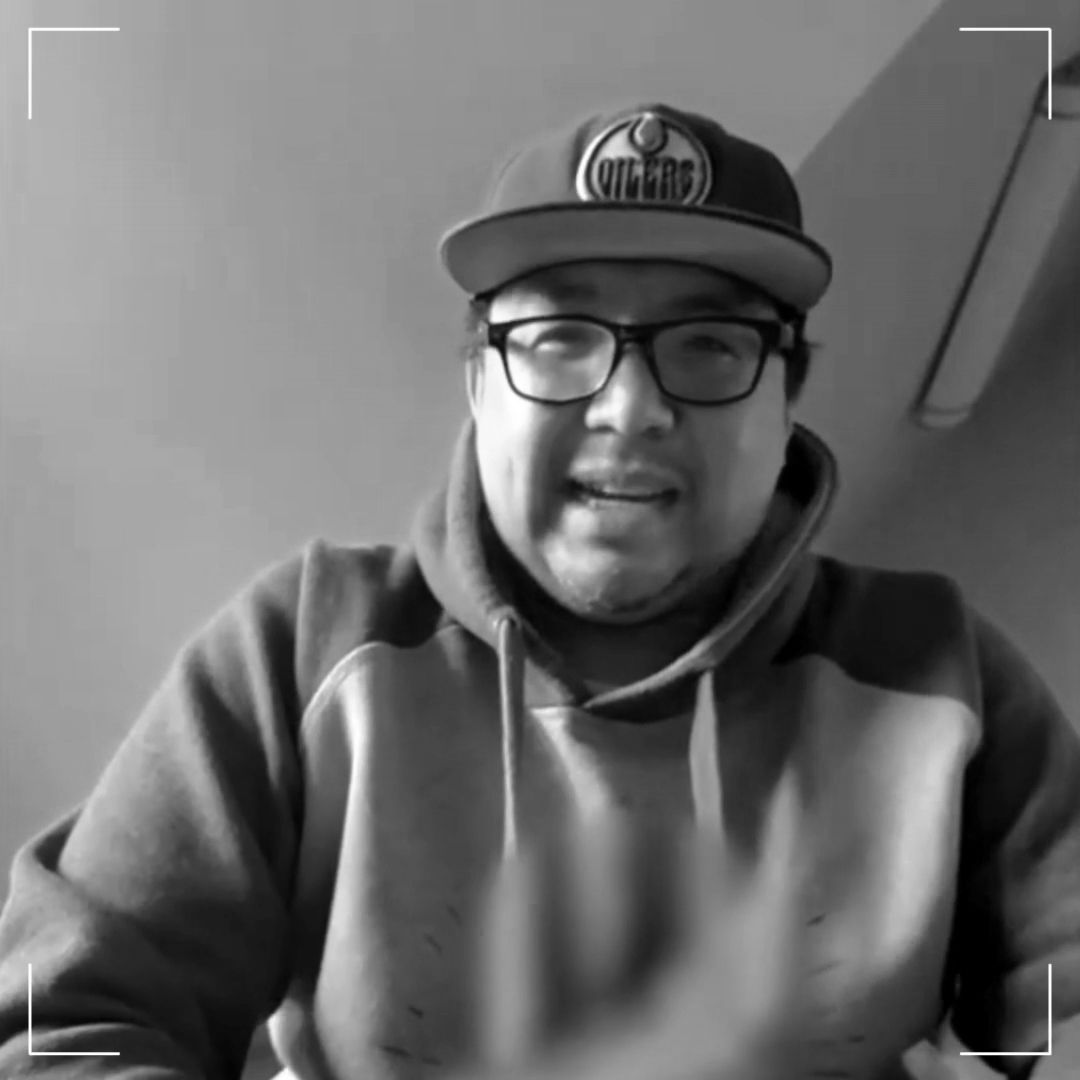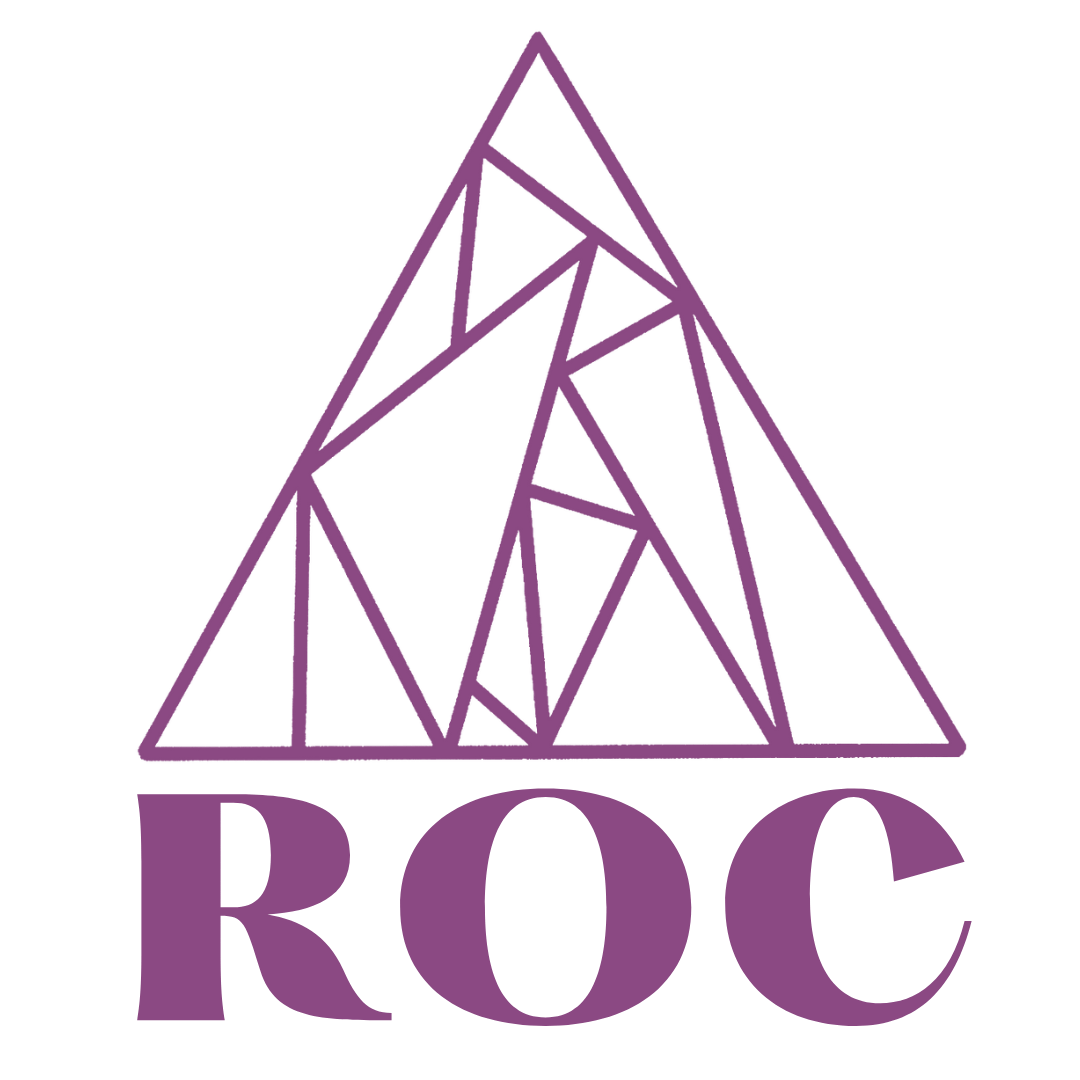Holly's Recovery Story
A little openness and honesty about the trials and tribulations in your life can help you and others – something I didn’t realize until I participated in Canadian Mental Health Association’s School of Peer Support Recovery College. It was a safe space to process things that I had been through with others who were caring and supportive. The feelings of isolation when battling our inner demons dissipated.
Thanks to this experience, I found I wanted to help others in situations I’ve been in.
So, I mentor girls in my community with empathy and shared life experience to teach our future community leaders how to love and care for themselves. I want to be the role model I would have benefited from knowing while growing up.
One issue that will likely come up in their lifetimes is self-image, inside and out, something I have struggled with my whole life. I wish I had a healthy societal model for my relationship with food, eating and my body during my formative years. Without it, my issues grew into what had been up to this point: a self-sustaining monster that consumed a majority of my thoughts, filled me with anxiety and fear surrounding food and eating, and resulted in seeing myself negatively a majority of the time.
With lifelong disordered thoughts and relationship with food and eating, I tried a wide range of unhealthy actions in an attempt to “cure” myself or fix what I perceived to be wrong with me. I assumed it was just something I’d always live with, as ingrained as breathing.
I never realized until last year, at nearly 40 years old, the thing I had to fix was my thoughts and associations with food, eating and my body. After working on a number of other personal issues and seeing how they could be addressed and become parts of my past, I realized maybe I could envision a life without an eating disorder. I want to be an example of healthy choices for those I mentor. It’s so much easier to speak the truth when you aren’t deceiving yourself.
My freedom, which I’ve been working toward since last fall, is slow coming, but I can start to see it now. I still have setbacks, but I have learned to be kind to myself and keep moving forward. These are habits and issues I’ve lived with for decades and I know that with a lot of hard work and self-reflection I can overcome them. This eating disorder will be part of my past instead of my future.
I want to give hope to others of any age who are struggling. It’s never too late to learn how to love yourself for who you are and who you will become.
